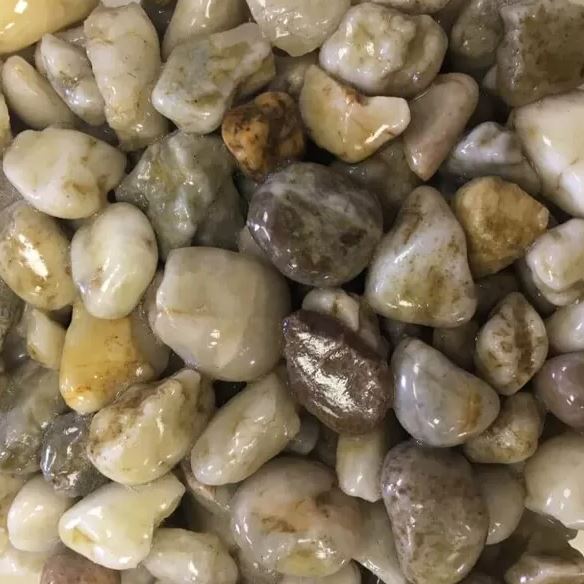Resin-Bound Driveways: Why You Need One

If you’re looking for a new driveway, you may have come across the term “resin-bound.” But what exactly is a resin-bound driveway? And why are they such a great idea? In this blog post, we will answer those questions and more! We’ll discuss what resin-bound driveways are, how they can improve your property and some of the benefits they offer. So if you’re considering getting a new driveway in the near future, be sure to read on!
What is resin?
Resin is a natural or synthetic compound that is typically used in the construction industry. It is made up of small molecules that are linked together to form a larger polymer. Resin is known for its strength and durability, which is why it is often used in the construction of driveways.
It is a liquid or semi-solid material that hardens to form a strong bond between surfaces. Resin is commonly used to seal and protect surfaces from weathering, moisture, and other elements.
In short, the resin is a substance that is used to bind together materials. It is made from a variety of different materials, but the most common type of resin used in driveways is polyurethane. This type of resin is mixed with aggregate (stone or gravel) and then poured onto the surface of your driveway. Once it dries, it forms a hard, durable surface.
What is a resin bound driveway?
A resin bound driveway is a type of driveway that uses resin to bind together materials like aggregate. As we mentioned above, the most common type of resin used for this purpose is polyurethane. When mixed with aggregate, it forms a hard, durable surface that can withstand a lot of wear and tear.
What are the different types of aggregate?
There are two main types of aggregate: natural and man-made. Natural aggregate is made from materials like stone or gravel that are found in nature. Man-made aggregate is made from recycled materials like concrete, glass, or asphalt.
Which aggregate is better?
It depends on your preferences and needs. Natural aggregate is typically more aesthetically pleasing, but the man-made aggregate is usually more affordable.
What is the process of making a resin bound driveway?
The process of making a resin bound driveway is actually quite simple. First, the area where the driveway will be installed is prepared. This typically involves excavating the area to create a level surface. Next, a layer of subbase material (gravel or crushed stone) is installed. Once the sub-base is in place, the resin and aggregate mix are poured onto the surface and spread evenly. The final step is to compact the material so that it forms a strong, durable surface.
Why are resin bound driveways a great idea?
There are many reasons why resin bound driveways are a great idea. First, they are very low maintenance. Unlike other types of driveways, you don’t have to seal or reseal a resin bound driveway. Second, they are slip-resistant and offer excellent drainage. This is because the pores in the aggregate allow water to drain through them, rather than pooling on the surface. Third, they are available in a wide variety of colors and styles. And fourth, they are environmentally friendly. Unlike concrete or asphalt driveways, resin bound driveways don’t require the use of harmful chemicals or pollutants.
How can a resin bound driveway improve your property?
A resin bound driveway can improve your property in a number of ways. First, it can increase the value of your home. Second, it can make your home more attractive and inviting. Third, it can help you save money on maintenance costs. And fourth, it can help you reduce your carbon footprint.
As you can see, there are many reasons why you should consider getting a resin bound driveway. If you’re looking for a low-maintenance, slip-resistant, and environmentally friendly option, then a resin bound driveway is the perfect choice for you!
Benefits of a resin bound driveway
There are many benefits to using resin-bound driveways.
First, they are extremely strong and durable. In fact, they are often said to be stronger than concrete! They are also very low maintenance – all you need to do is sweep or hose them down occasionally to keep them looking clean.
Another great benefit of resin-bound driveways is that they are non-porous. This means that they will not absorb water, which can be a major problem with other types of driveways (such as concrete). This is especially beneficial in areas where it rains frequently or if you live near a body of water (like a lake or ocean). Non-porous driveways are also less likely to crack or chip, which means they will last longer and require fewer repairs over time. If you’re looking for a new driveway, resin-bound driveways are a great option to consider. They are strong, durable, low maintenance, and non-porous – all major selling points!
